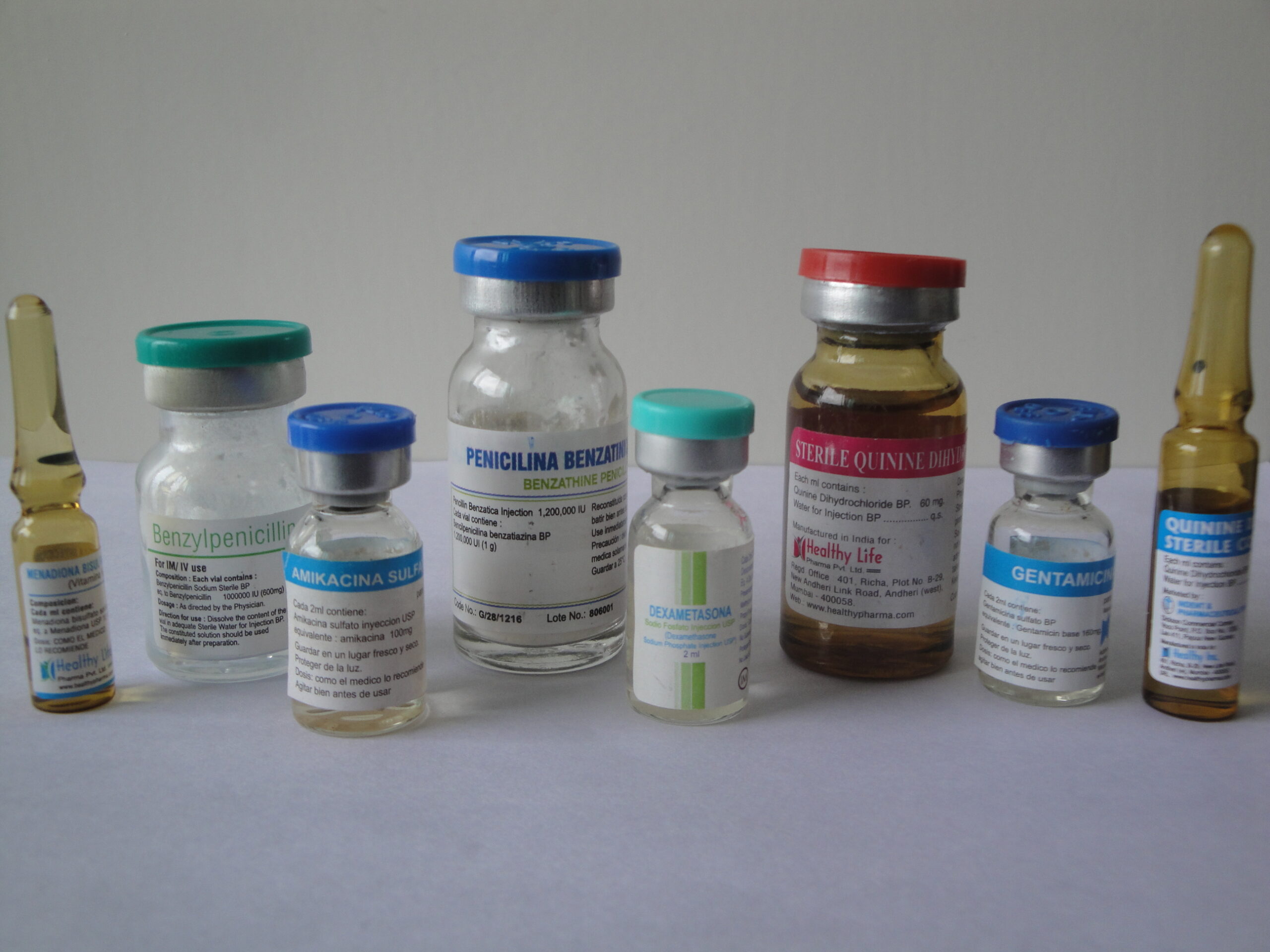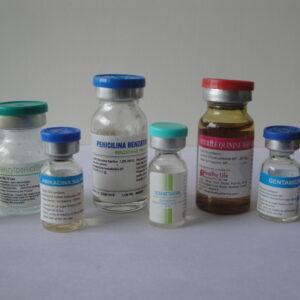Description
ARTEMETHER INJECTION
Artemether injection is primarily used for the treatment of severe malaria, particularly cases caused by the Plasmodium falciparum parasite. Here are some key points regarding the usage of artemether injection:
Severe Malaria: Artemether injection is typically reserved for severe cases of malaria where the patient is unable to take medications orally. Severe malaria is a medical emergency and requires prompt and appropriate treatment.
Artemisinin-Based Combination Therapy (ACT): In many cases, artemether is used in combination with another antimalarial drug, such as lumefantrine, to form an artemisinin-based combination therapy (ACT). ACTs are recommended by health organizations, including the World Health Organization (WHO), for the treatment of uncomplicated malaria.
Healthcare Setting: Artemether injections are usually administered in a healthcare setting, such as a hospital or clinic, under the supervision of a qualified healthcare professional. This ensures proper dosage, monitoring for potential side effects, and appropriate management of severe cases.
Dosage and Duration: The dosage and duration of artemether treatment will depend on the severity of the malaria infection, the patient’s weight, and other individual factors. Healthcare providers will determine the appropriate regimen based on these factors.
Follow Healthcare Provider’s Instructions: It is crucial for patients to follow the instructions provided by their healthcare provider regarding the administration of artemether injections. Skipping doses or self-administering without proper medical supervision can lead to treatment failure and complications.
Monitoring and Side Effects: Patients receiving artemether injections should be closely monitored for any adverse reactions or side effects. Common side effects may include nausea, vomiting, dizziness, and pain at the injection site. If any unusual or severe reactions occur, it’s important to seek medical attention promptly.
It’s essential to note that the usage of artemether injection is specific to the treatment of malaria and should only be administered by healthcare professionals in appropriate clinical settings. Self-medication and misuse can lead to inadequate treatment and potentially life-threatening complications. Always consult with a healthcare provider for personalized advice and treatment recommendations based on individual health conditions.
Artemether injection is primarily used for the treatment of severe malaria. Severe malaria is a life-threatening condition that requires prompt and effective intervention. The injection form of artemether is often employed when oral administration is not feasible or when a rapid onset of action is required.
Here are some key points regarding the usage of artemether injection:
Severe Malaria Treatment: Artemether injection is typically used in combination with other antimalarial drugs for the treatment of severe malaria. The combination therapy may include drugs such as artesunate or other appropriate medications.
Artemisinin-Based Combination Therapy (ACT): Artemether is often part of artemisinin-based combination therapy (ACT), where it is combined with another antimalarial drug to improve efficacy and reduce the risk of developing resistance.
Parenteral Administration: The injection is administered intramuscularly (into the muscle) or intravenously (directly into the bloodstream). This allows for a rapid absorption of the medication, making it suitable for severe cases.
Hospital Setting: Treatment with artemether injection is typically conducted in a hospital setting, where healthcare professionals can closely monitor the patient’s condition and provide additional supportive care if necessary.
Follow Healthcare Provider’s Instructions: The dosage and duration of treatment with artemether injection will be determined by the healthcare provider based on the severity of the malaria infection, the patient’s weight, and other relevant factors.
It’s important to note that artemether injection is not typically used for the treatment of uncomplicated malaria. For less severe cases, oral forms of artemether in combination with lumefantrine or other suitable antimalarial drugs are often prescribed.
As with any medication, it is crucial to follow the healthcare provider’s instructions, complete the full course of treatment, and report any side effects or concerns promptly. Additionally, malaria prevention strategies, such as bed nets and antimalarial prophylaxis, should be considered in regions where malaria is endemic.
Artemether injection is primarily used for the treatment of severe malaria, particularly cases caused by the Plasmodium falciparum parasite. Severe malaria is a medical emergency that requires prompt and effective treatment. Artemether is part of the artemisinin-based combination therapy (ACT), and it is often used in combination with another antimalarial drug, such as lumefantrine.
Here are key points regarding the usage of artemether injection:
Severe Malaria: Artemether injection is specifically indicated for the treatment of severe malaria. Severe malaria is a life-threatening condition that requires immediate medical attention.
Artemisinin-Based Combination Therapy (ACT): Artemether is commonly used in combination with another antimalarial drug, such as lumefantrine, to form an ACT. The combination helps to improve the efficacy of treatment and reduce the risk of developing resistance.
Intramuscular Administration: Artemether is often administered by intramuscular injection when oral administration is not feasible or in severe cases where rapid and reliable absorption is crucial.
Hospital Setting: The injection is usually administered in a hospital or clinical setting under the supervision of healthcare professionals due to the severity of the conditions it is used to treat.
Dosage and Administration: The dosage and duration of treatment with artemether injection will be determined by a healthcare professional based on factors such as the patient’s weight, the severity of the infection, and other individual considerations.
Monitoring: Patients receiving artemether injection may be closely monitored for any adverse reactions or complications associated with severe malaria.



